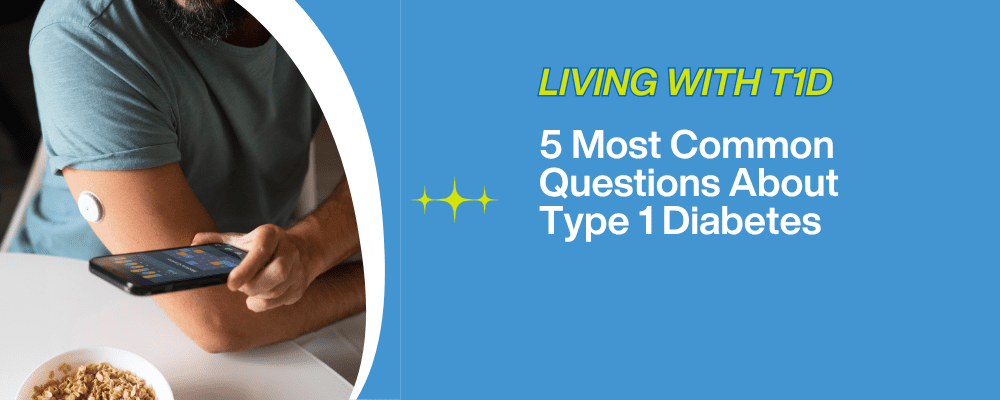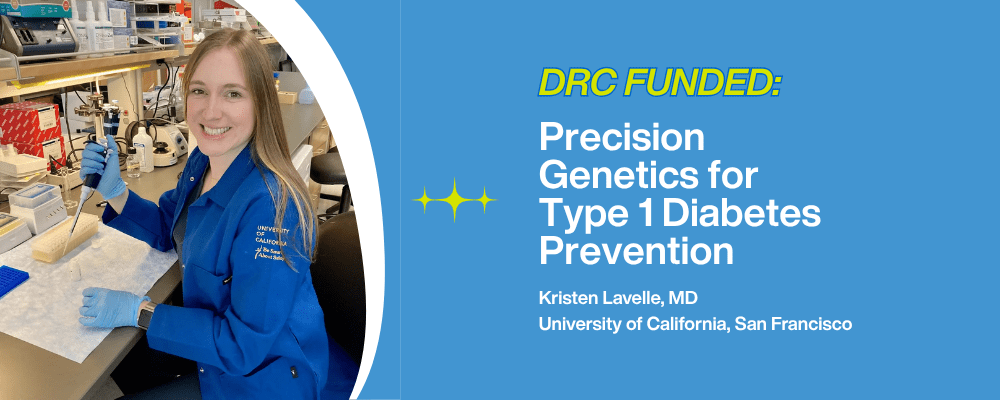Sleep Disturbances Common with T1D
Type 1 diabetes is a disease that must be monitored around the clock. When children are awake, it is easier to tell when blood sugar may be spiking too high or dropping too low. At night, this is more challenging, and it is essential to continue testing blood sugar levels to stay within the target range and administer insulin as necessary.
Children typically rely on their parents to manage their diabetes and monitor blood sugar, whether done manually or through a continuous glucose monitor (CGM). A recent study found that children who use a CGM often sleep better at night, but it is their parents who have more disturbances in their sleep due to reacting to CGM data.
As part of a larger study, researchers evaluated the sleep quality of 46 parents of children with type 1 diabetes. The children were between the ages of 2 and 5, and some used CGMs while others did not. Parents reported on the time their children went to bed, woke up, and how long they slept. The average was 10.4 hours per night. Also, all 11 families who used CGMs wore accelerometers that tracked their sleep patterns for a minimum of four nights. The accelerometer showed an average of 9.8 hours of sleep per night for children.
According to the study, “Among the full cohort, 63% of parents reported checking their child’s blood glucose levels at least a few nights per week. Parents of children using CGMs reported a higher frequency of nighttime blood glucose monitoring compared with parents of children without a CGM.”
The percentage of parents who experienced sleep disturbances concerning blood glucose monitoring was noticeably higher than the percentage of children, at 78.3% and 17% respectively. Parents of children with CGMs reported higher levels of sleep disturbance, especially when the child’s diabetes was more difficult to manage. Additional research with a larger group of participants across a longer period of time is necessary to better understand the impact of diabetes management on sleep for parents and children.
It is important for physicians to keep in mind not just the impact a CGM or other device could have on the child’s health and quality of life, but also on the parent. Parents benefit from having proper support systems in place and information to help them cope with the challenges of managing their child’s type 1 diabetes.
Diabetes Research Connection, though not involved in this study, is committed to supporting early-career scientists focused on studying type 1 diabetes and ways to improve prevention, treatment, and quality of life, as well as one day finding a cure. One hundred percent of donations go directly to the scientists for their research. To learn more about current projects and how to help, visit http://localhost/drc.




